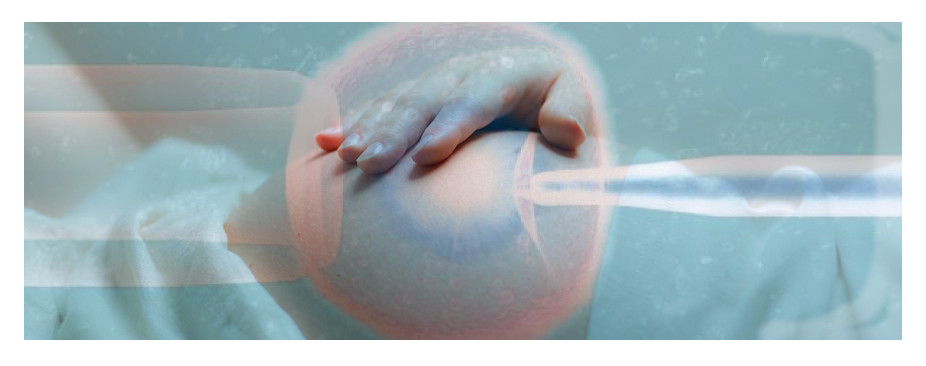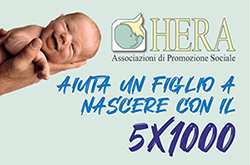il portale italiano sull'infertilità
studio e prevenzione dell'infertilità e la tutela della genitorialità.

Eterologa
OOCYTE DONATION: SPANISH MODEL
Elisabet Clua.
Coordinator of egg and embryo donation programme of “Salud de la mujer Dexeus”.
Reproductive Medicine Service,
Departament of Obstetrics, Gynaecology and Reproduction
Hospital Universitari Quiron Dexeus
08028 Barcelona, Spain
The egg donation (ED) is a usual practice nowadays in Spain. According to the register of the Spanish Society of Fertility (SEF) of 2012 a number of approximately 9.400 of recipient cycles had been performed. This represents a 13% of the total number of Assisted Reproduction Techniques (ART). Main indications for the ED are premature ovarian failure, previous IVF / ICSI failures and ovarian failure. The recipient’s age is furthermore another indication lately more present in ED programmes, especially in Occidental society where the delaying motherhood involves using oocytes from younger women.
Several factors have contributed to transform Spain into a convenient and safe destination for patients seeking ED, coming from countries with more restrictive laws: the progressive character of the ART Spanish laws (law 35 /1988, already considered the possibility of gamete donation, and the current Law 14/2006) as well as the quality and safety of our daily practice and the anonymous and altruistic character.
The monetary compensations for donors are contemplated by law. Actually they have been structured to acknowledge the time, travel, diets and labor leave. Besides, the publicity should respect the altruistic character of the donation.
Quality and safety rules along all the donation process are established in the Spanish law (Ley 14/2006 and RD-Ley 9/2014- transposition of the European Directive :2004/23/EC and 2006/17/EC).The treatment of donors as well as of egg recipients has been adjusted to health, safety, success and convenience comply with the clinical standards.
The pregnancy per embryo transfer rate achieved by ED according to SEF 2012 register was of 53,4% with a live birth rate per transfer of 31,7%, with a 30% of twins approximately.
However, regardless of the strict control of the procedure, and both , good practice and published results, there are still two controversial issues. The first one is the creation and uptake of the national register of donors. This register will grant a higher security to reduce incidents, congenital malformations and hereditary diseases that might appear among these donations and to prevent future childhood risks. The second one is to increase both professional and patient awareness of changes towards an elective single embryo transfer in order to avoid the associated risks to multiple pregnancies.








